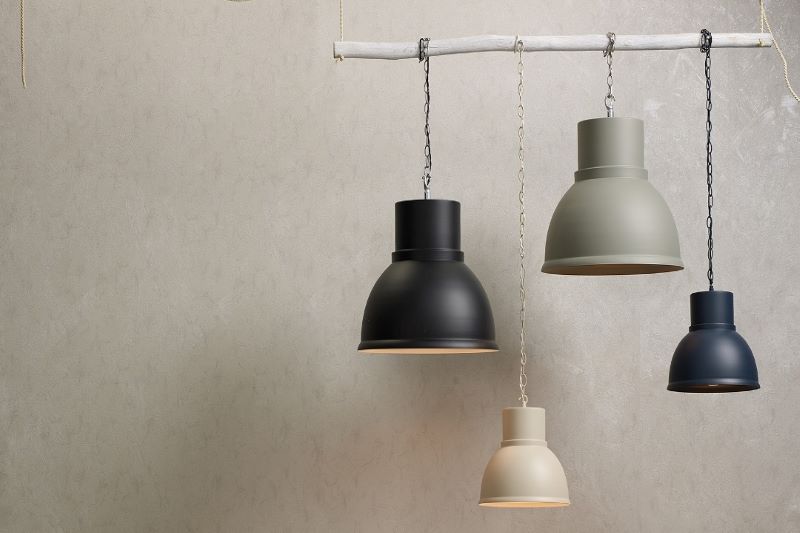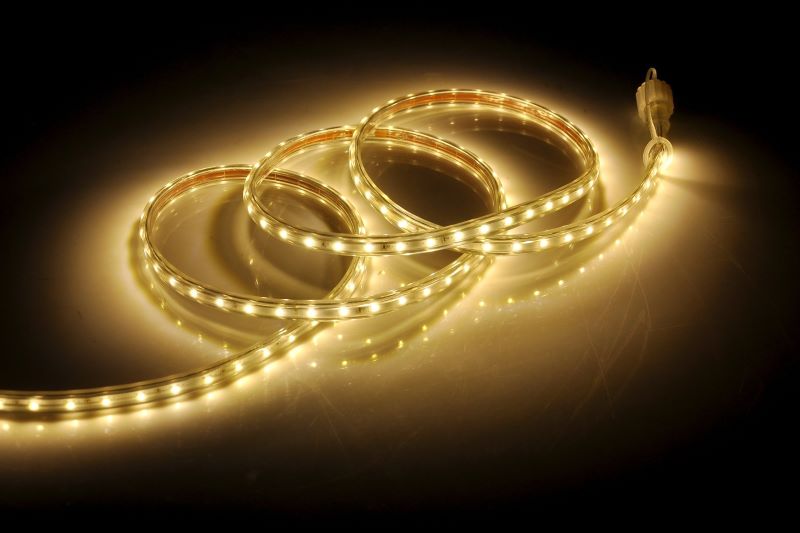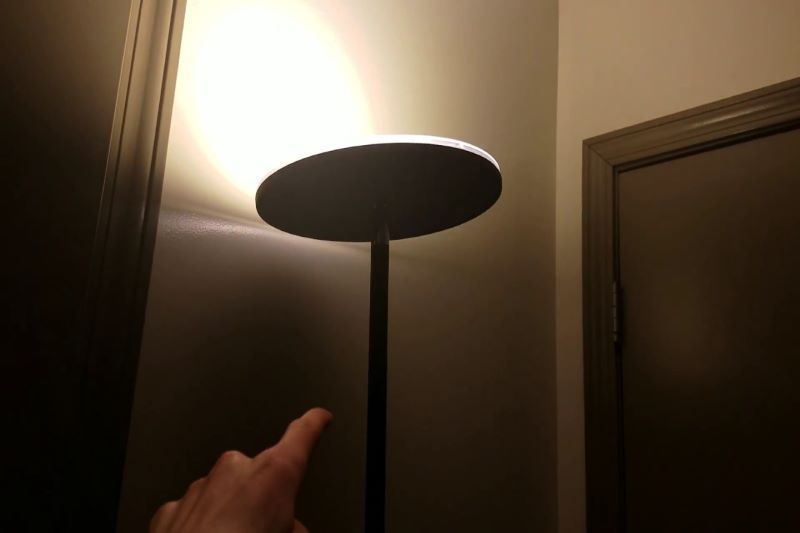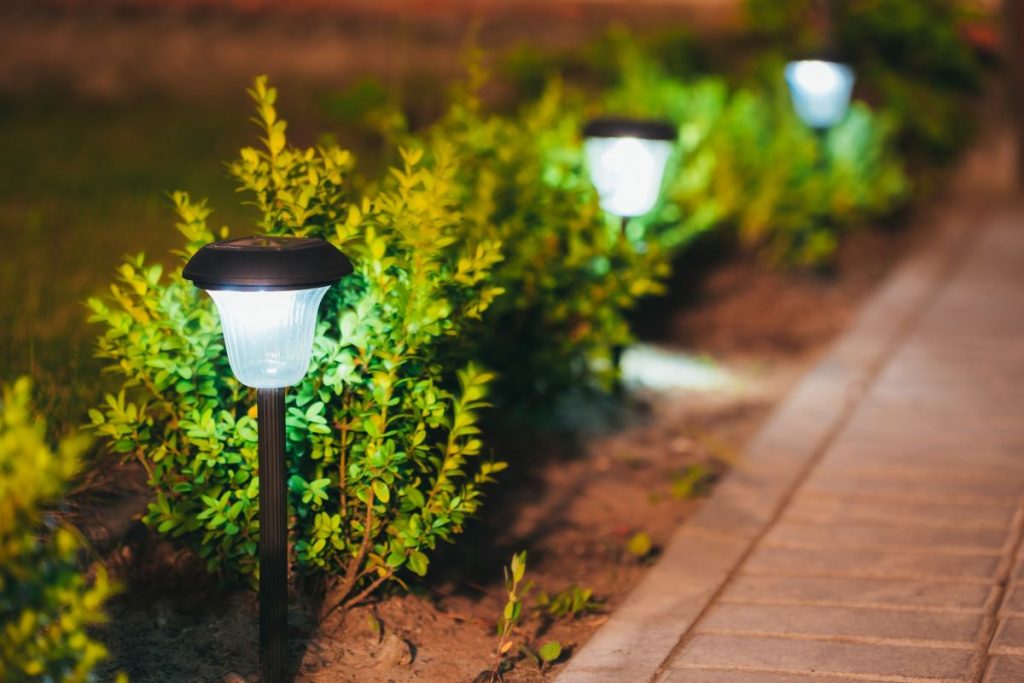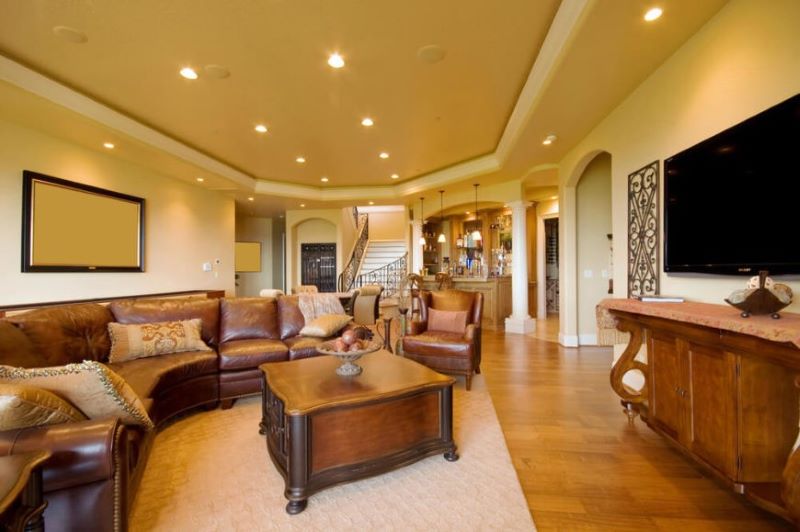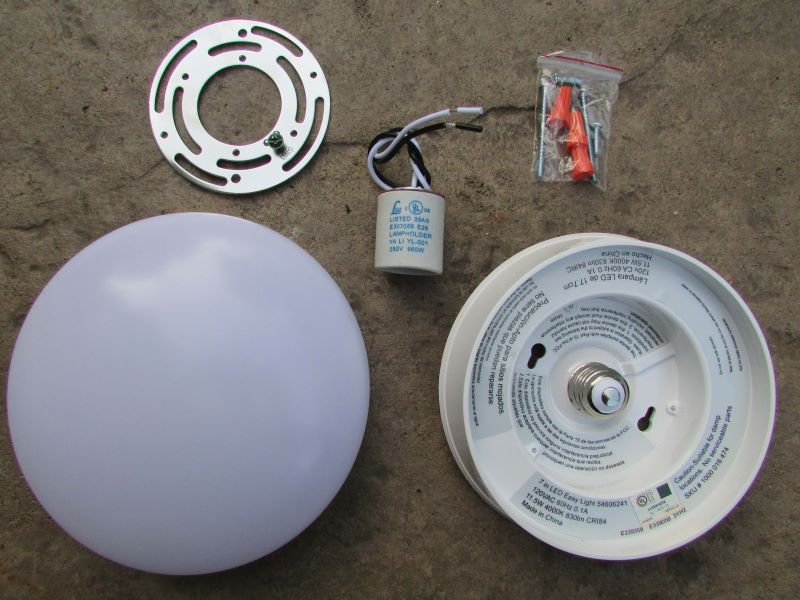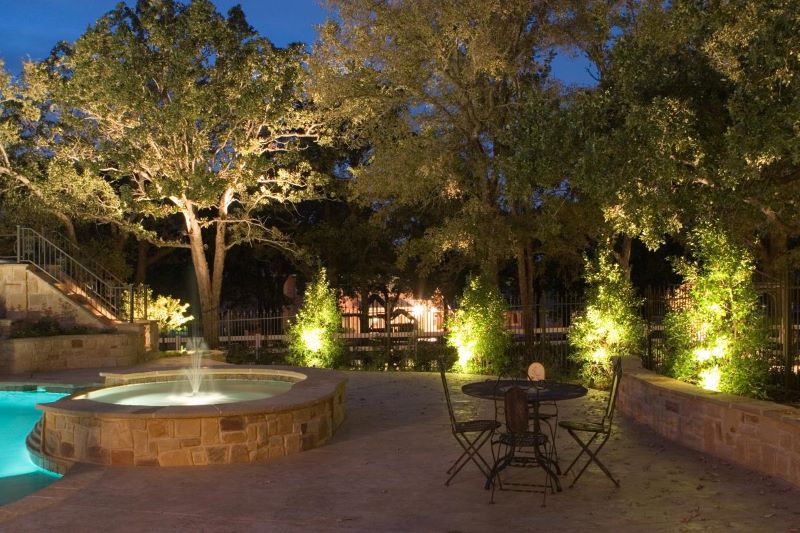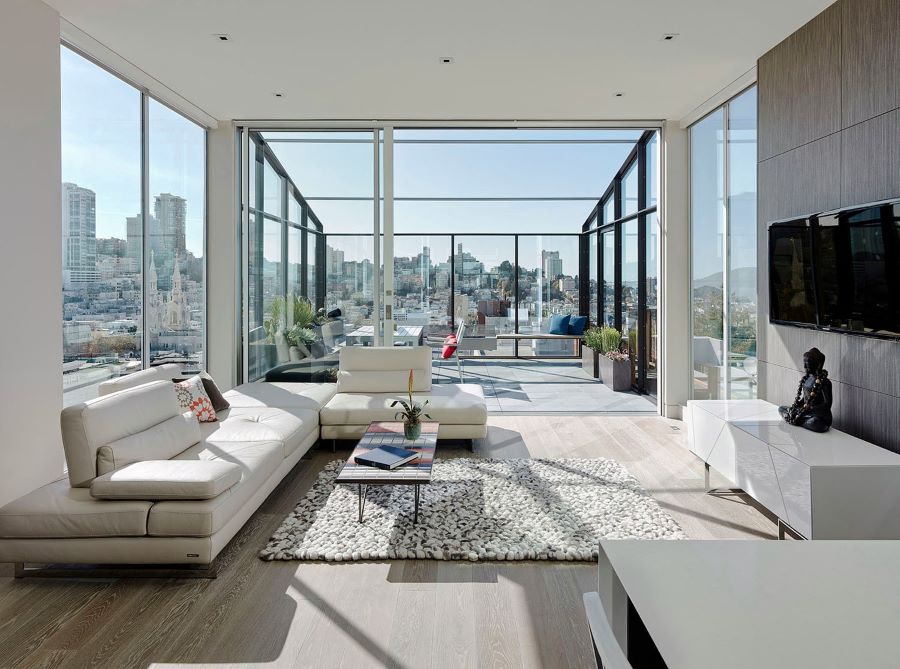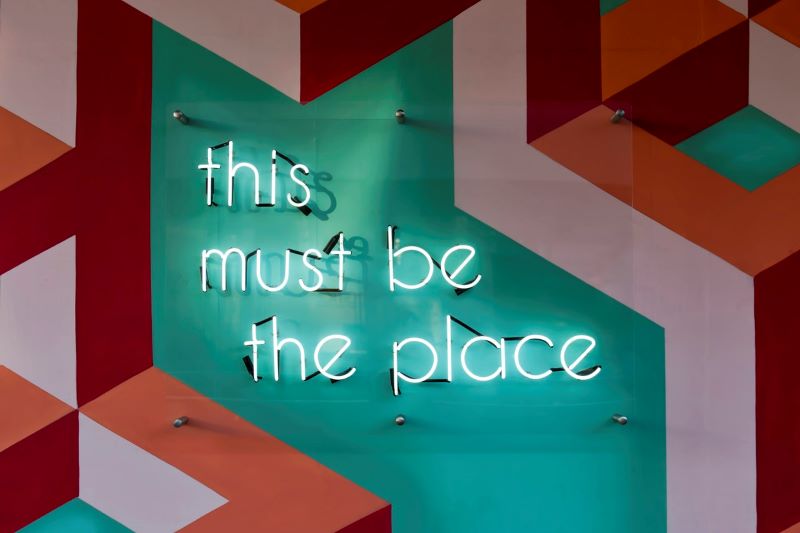Table of Contents
We are still natural beings
It is easy to forget that while evolution can take hundreds of thousands of years, human beings and electricity haven’t been interacting on a large scale for even a hundred years. Our not-too-long-ago ancestors lived more in tune with nature and had different sleeping habits.
England only developed its widely used electrical grid in the 1930s, while in the United States more than half of the population didn’t even have electrical lights during that period. It’s no wonder our bodies and minds are still adjusting to what to our genes is an intrusion, a change to our natural habitat.
Here are some ways that bad lighting can affect you, and what you can do to alleviate the symptoms:
Poor lighting habits affect our circadian rhythm.
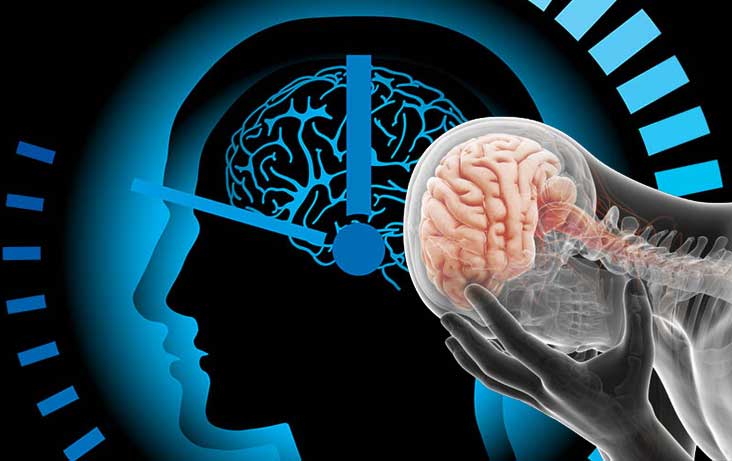
The circadian rhythm controls your natural clock – when it’s time to sleep, to digest properly, to produce hormones that control all of these things. It is controlled by… light. That’s right – and this was used to be controlled by the sun and the moon, the seasons, and the weather. It all affected how much light our bodies got and what signs our system sent to our organs. Hormones like melatonin and cortisol are released accordingly to this rhythm. If you are exposed to bright light (and if you are reading this, then, believe me, you are!) your body can suppress its melatonin production by a whopping 85 percent. Ever wonder why you’re not feeling tired, although you know you should be? The problem might lie here.
What to do?
Take it easy. Don’t unwind by reading the news or watching the latest episode of your favorite rerun. (You know what I mean…) Instead, turn the lights down as the sun sets. Turn the music on instead. Read a book – this requires light, but it’s so much better and calming than staring at a super bright screen. Your eyes will thank you, and you will feel that you are winding down naturally.
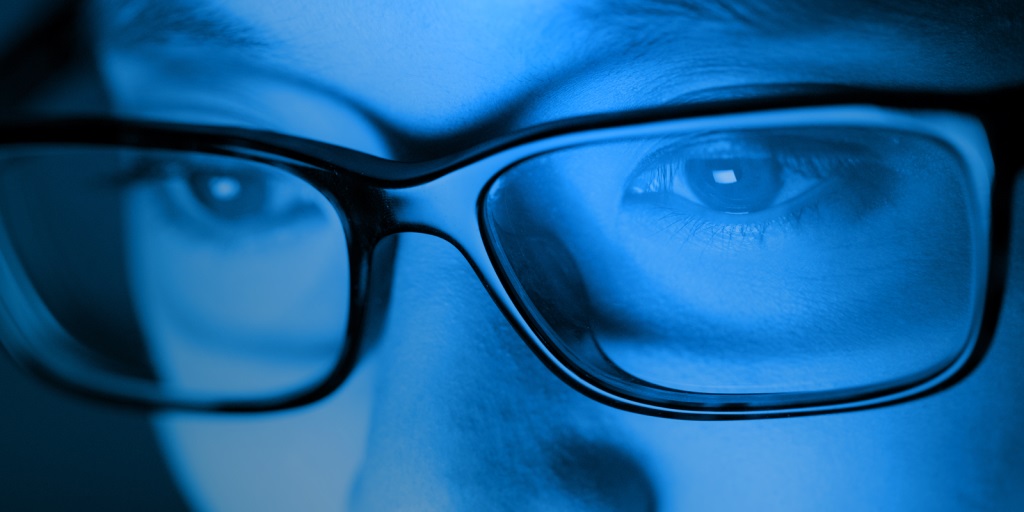
Blue light is more harmful
The light emitted by computer screens and halogen lights (also by the sun and LEDs but much less) is responsible for cornea damage. It affects us more than the longer wave red light, and if you spend more than eight hours in front of the computer screen you might want to protect yourself. Like in most cases, even if you spend less than eight hours in front of the screen at work, you may spend a lot of your private time and off hours in front of the screen anyway. Tablets and phones are easy blue light culprits as well, and if you’re like me, you might be reading well into the night. This not only affects the circadian rhythm but also can cause eye damage over time.
What to do?
Get eye protection. I don’t mean some special safety goggles, but screens and glasses (don’t worry, they can be stylish) that contain a filter. Your eyes will be noticeably less red and puffy and will thank you.
Fluorescent tube bulbs are the biggest workplace culprit
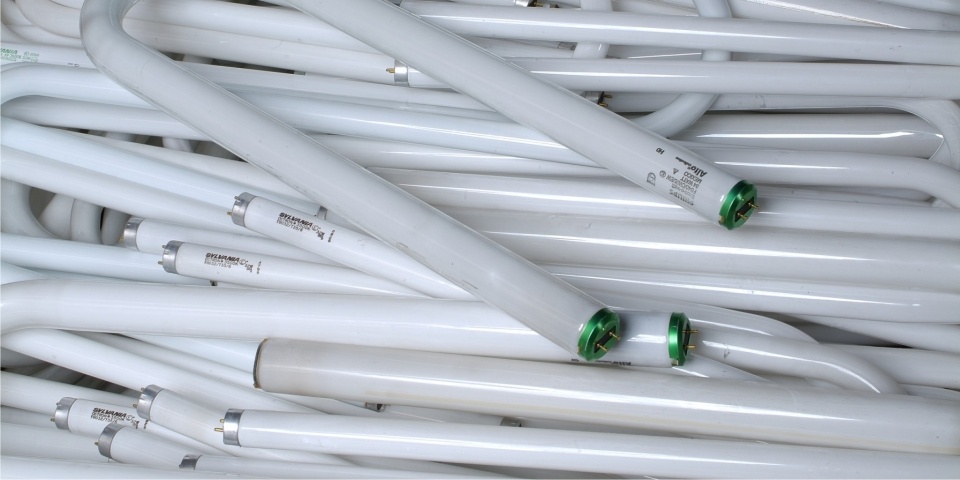
Bright, often flickering, and emitting the worst UV radiation, they are the stuff of office horror. They are cold, unflattering, and often compared to hospital lighting. Aside from sleep pattern disruption they are known to create headaches (including migraines) mostly caused by their flickering. They are the worst if they are close to you, causing the most problems and exposing you to more UV radiation.
What to do?
Exchange those light bulbs for energy-efficient LED lights. Paired with a stylish lamp and finished off with a bright, warm LED you will be exposed to more natural light. There is a lot of choice in what kind of light you can buy these days, and you can pick the strength and color you prefer.
Natural light is still king
Research suggests that when your body is in tune with natural light – its changing patterns and rhythms you are the better for it. Because our body adjusts to changing light people who had windows in their offices tended to get more and better sleep at night. Bright natural light can also fight depression, especially when it’s winter and we get less sunlight. There are now some relatively new light fixtures available that mimic this changing light.
What to do?
Don’t have a static light – switch it up! Turn on all your lights in the morning and start dimming them towards the end of the day. It will help you regulate your internal clock, and also help you give yourself a much-needed mental break when you finally step out the office door. And use light bulbs that simulate natural light, especially on those overcast rainy days.
Bad lighting can even affect the appetite
Studies have found that light affects almost everything about food – when we’re hungry, what we want to eat, and how we perceive the food. When the lights are dim, like in a romantic restaurant, we tend to eat slower – and less. This is because lighting has a psychological effect on us. When the lights are bright we tend to be more responsive and have more emotional responses. That affects how we eat in a brightly lit room.
What to do?
I’m not going to suggest eating in the dark, but maybe turn on that mood lighting in the evening. It will put you in the mood, and maybe make you indulge a bit less before bedtime.
Light affects how much we enjoy our job
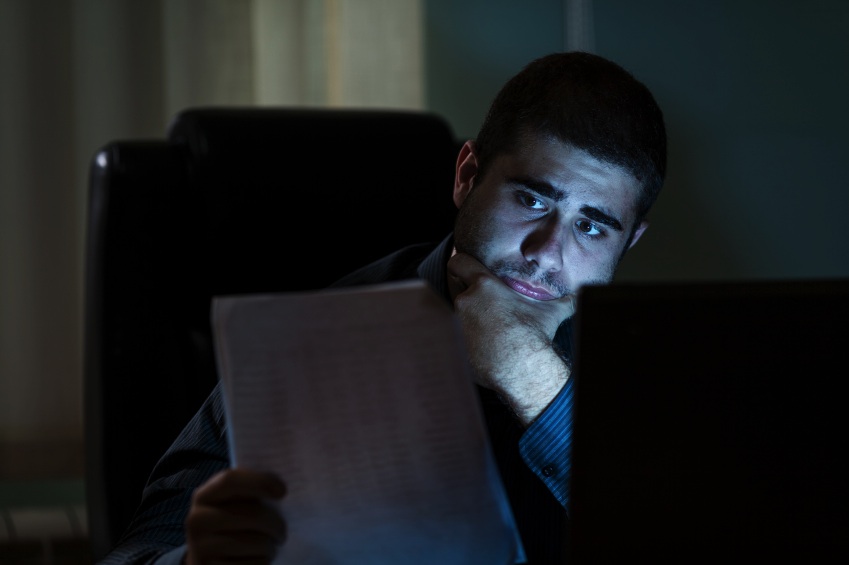
This one is a bit obvious, but if workers are always straining to see, especially if they have to perform high-precision jobs, their job satisfaction will decline greatly, and cause delays in their performance. Since we know that lighting is psychological, long exposure to poor lighting it affects their perception of where they work. They might end up feeling depressed and tired when they come to work, which in turn leads to very poor job satisfaction. Even more complicated is that no matter the scientific study, some people perceive light differently. One person might be comfortable in a bright, well-lit space, which causes discomfort and annoyance in another worker.
What to do?
Have light be as personalized as possible. In addition to overhead lighting have personal lights that people can control on their own. A little control can boost the spirit and make people feel like they’re in control of their environment which is a huge boost to morale.
Most people don’t recognize that they’re the victim of bad lighting unless someone points it out to them. Look around. Is the light around you hurting your eyes? Is it too bright? Too unstable and flickering? Maybe it’s late at night and you’re illuminated on all sides by super-bright spotlights. Think about how you can change your environment for the better, boost your mood and soothe your natural rhythms.
